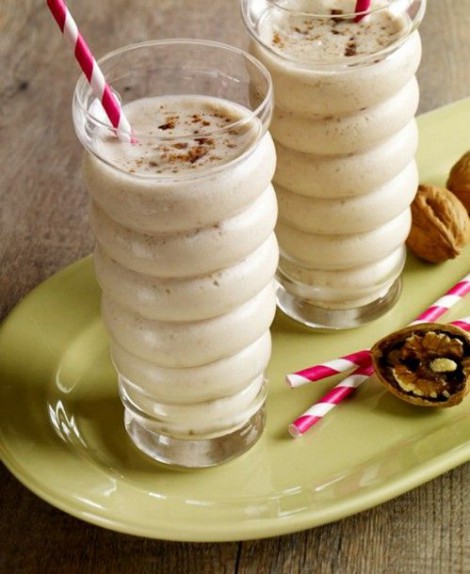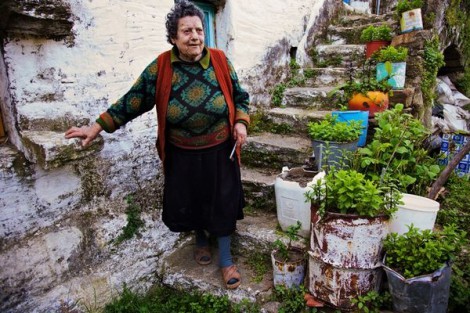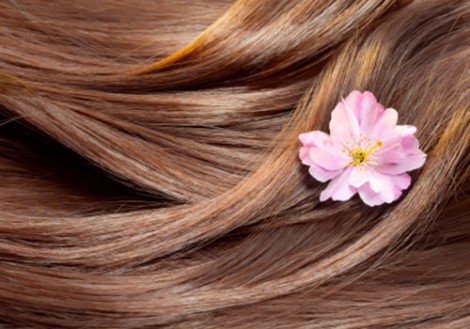Dates are very popular in the Middle East, where I currently live. You can find many types of dates and date-based products including honey, syrups, sauces, preserves and spreads in any supermarket or “souq”.
It is a very important fruit for the Arabs, for several reasons. Most importantly, it is one of the “fruits of paradise” in the Islamic tradition. Also, it is one of the few nutrient rich plants that grow in this region and both the fruit and the palm tree are very versatile. For example, branches of the date palms were used to weave baskets and ropes and to thatch rooftops in traditional Arab households. Trunks of the date palm were used in building structures. Cooking oils were derived from the pits of dates and the palm tree’s other parts were made use of too, e.g. the heart of the palm was used in salads and the flower cluster’s sheath was used as medicine for upset stomach.
There are several types of dates and they are distinguished by being “soft”, “semi-dry” and “dry”. Soft dates include the “barhee”, “halawy”, “khadrawy” and “medjool” varieties. The semi-dry type can be found under the names “dayri”, “deglet noor” and “zahdi”, while the dry is the “thoory”. They are all different by look, feel and taste and they also differ in their glucose, fructose and sucrose contents.
Dates are also considered as “superfood” in the Middle East. The date pulp contains phytochemicals, natural sugars and amino acids. Dates are low in fat but rich in fibre and phytosterols, which control cholesterol levels. Dates also contain minerals including selenium, potassium, calcium, magnesium, manganese and iron, in addition to vitamin B and C and omega fatty acids. Dates are also rich in compounds like carotenoids and polyphenols, which are efficient free-radical scavengers.
Generally dates are known as agents that boost the immune system and nurture people living in the harsh deserts of the Middle East. It is believed that consuming dates helps to detoxify the human body, fortify the liver, stimulate the thyroid, aid the nervous system and prevent vision problems. Arabs believe that they can help eliminate parasites and they also cure bronchitis. They use it to ease digestive disorders and prescribe it to pregnant women to boost bone building in the foetus. Women in labour eat dates to regulate contractions and prevent haemorrhage. Dates are also believed to cure infertility and sexual problems.
This lovely date smoothie recipe is from the Guardian. It will make two glasses of a delightful date-based drink that can be consumed either as as a breakfast drink or as a lovely and healthy dessert.

- 25 gram dried dates (halved)
- 2 small bananas (chopped)
- 100ml low-fat natural bio yoghurt
- 150ml semi-skimmed milk or plant-based milk (e.g. almond milk or hazelnut milk)
- 1 teaspoon of vanilla extract
- ½ teaspoon of ground cinnamon, plus extra for sprinkling
- 1 wheat biscuit (crumbled)
Preparation method:
- Cover the dates in boiled water, set aside and leave it to soften for 10 minutes. It is necessary if you use dry dates. If you use soft types of date, soak them for a few minutes only.
- Meanwhile, blend the bananas, yoghurt, milk, vanilla, cinnamon and the oat biscuit. Add the dates and 3 tablespoons of the soaking water and blend until smooth and creamy.
- Pour into 2 glasses and top with cinnamon. Serve immediately.





